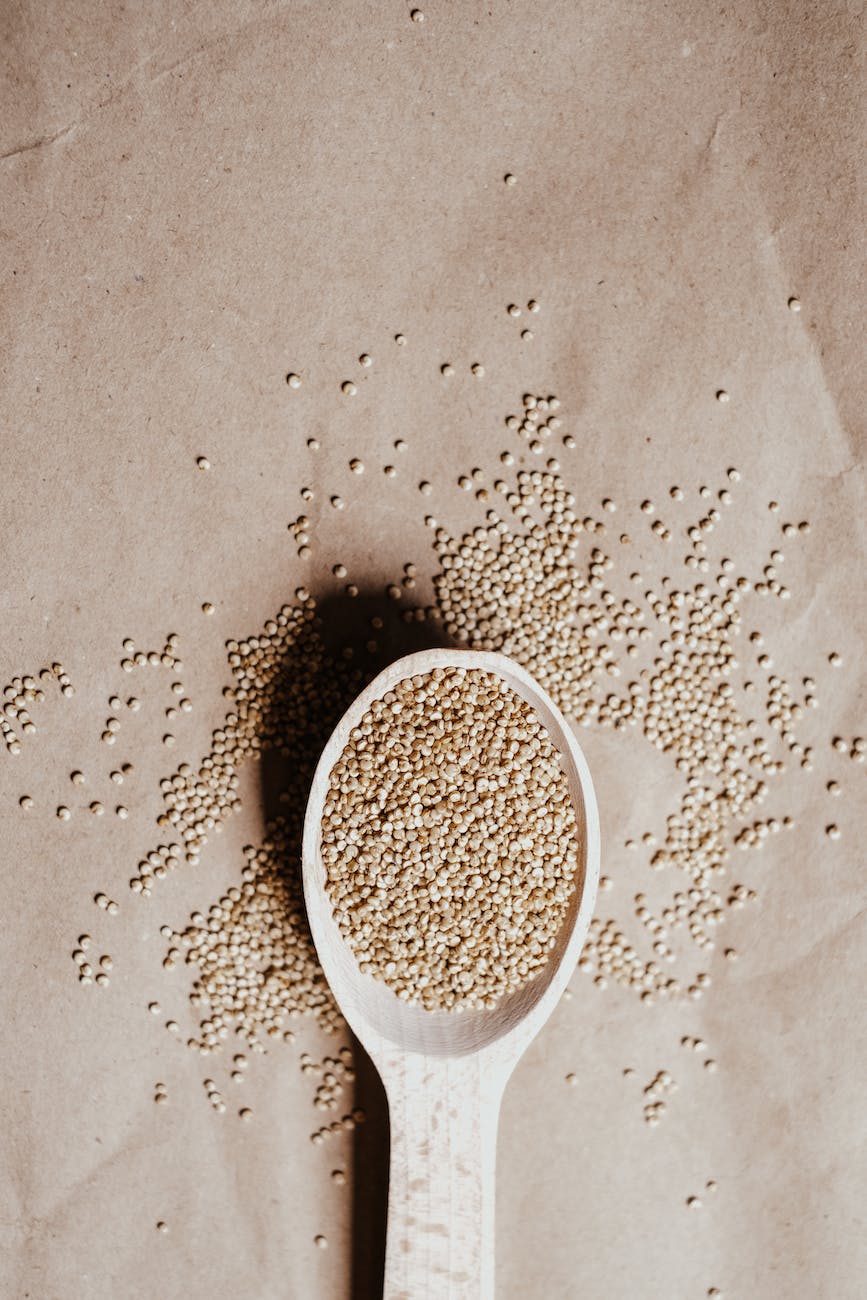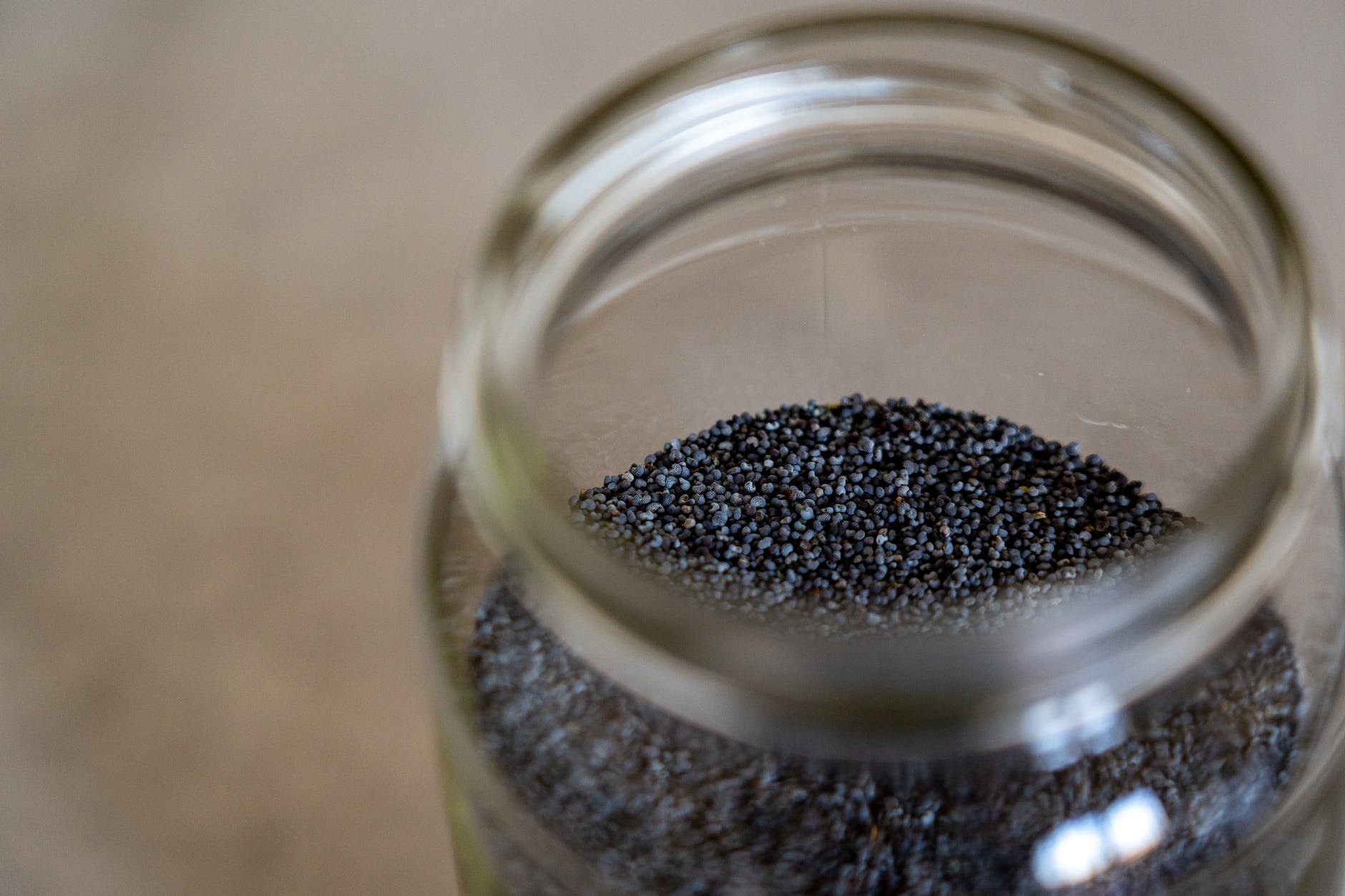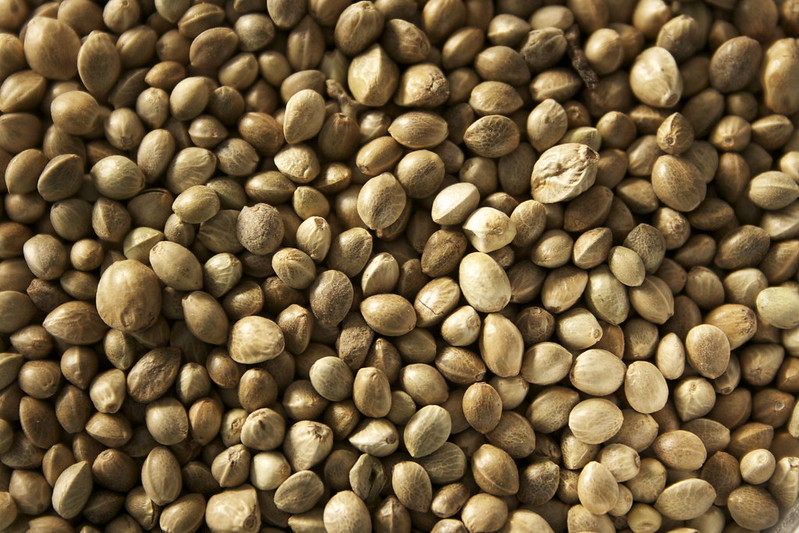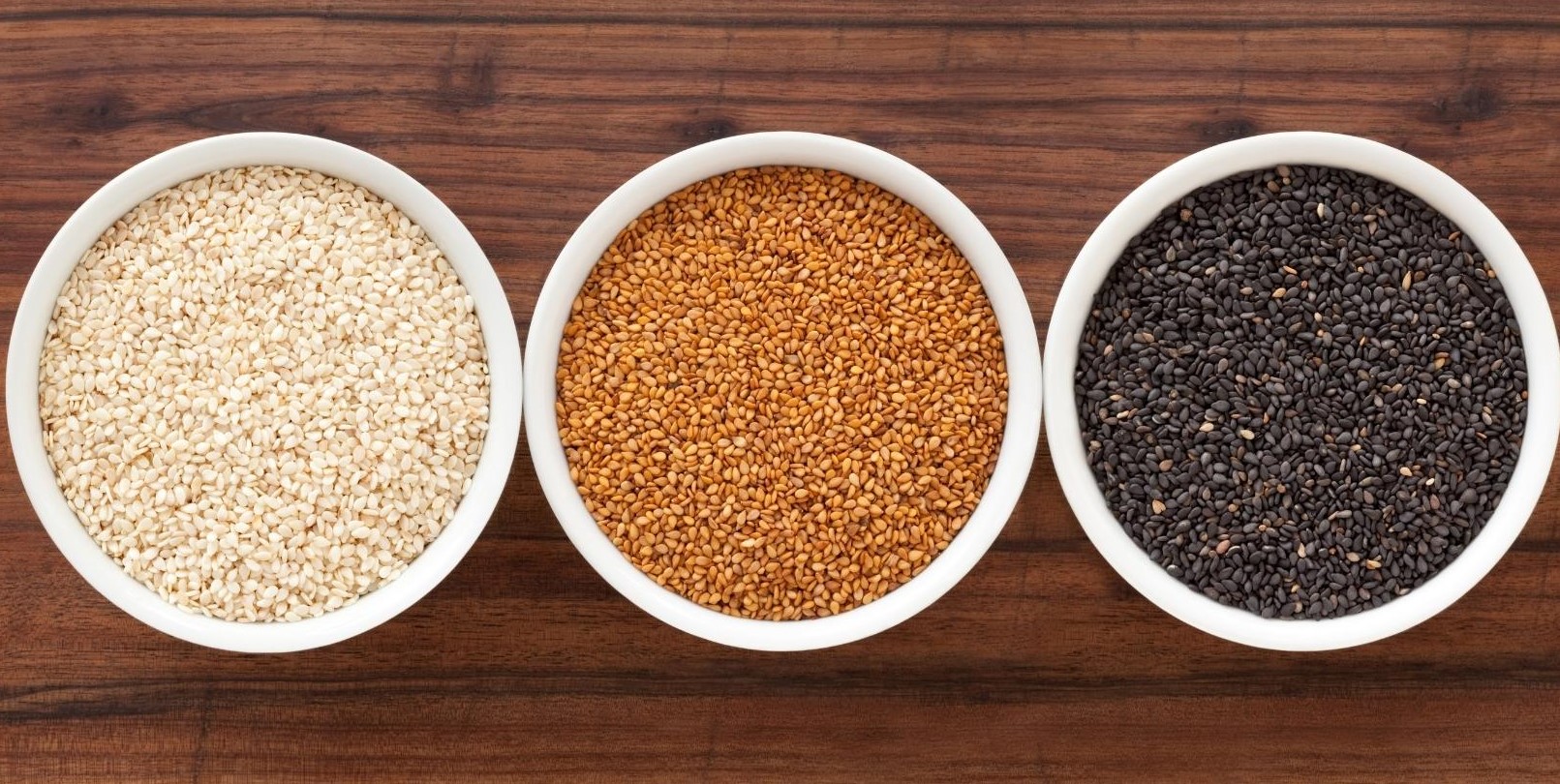
Introduction: 🌱🌟 Welcome to another captivating blog post in our series on seeds and nuts and their impact on weight loss! In this edition, we will delve into the world of quinoa and explore its potential as a key component in achieving your weight loss goals. Quinoa, often hailed as a superfood, has gained popularity due to its impressive nutritional profile and versatility in culinary creations. Join us as we uncover the truth behind quinoa and whether it can truly unlock the path to a slimmer you.
Macros per 100g of Quinoa:
| Nutrient | Amount |
|---|---|
| Calories | 368 |
| Carbohydrates | 64.2g |
| Protein | 14.1g |
| Fat | 6.1g |
| Fiber | 7g |
| Sugars | 2.5g |
🌱🔍 Quinoa, known as the “mother of all grains,” is a nutrient-dense pseudocereal that has been cultivated and consumed for thousands of years. Let’s explore the nutritional insights and benefits of quinoa for weight management in more detail:
- High in Protein for Satiety and Muscle Support: 🌱💪 Quinoa stands out among other grains due to its relatively high protein content. Protein plays a crucial role in weight management by promoting satiety, reducing appetite, and supporting muscle growth and maintenance. The 14.1g of protein per 100g of quinoa makes it a valuable addition to a weight loss diet, especially for vegetarians and vegans seeking plant-based protein sources.
- Complex Carbohydrates for Energy and Sustained Fullness: 🌱⚡ Quinoa is rich in complex carbohydrates, which are slowly digested, providing a steady release of energy. This sustained energy release helps keep you feeling fuller for longer periods and prevents sudden spikes and crashes in blood sugar levels. The combination of protein and complex carbohydrates in quinoa supports balanced energy levels and can aid in curbing cravings and overeating.
- Dietary Fiber for Digestive Health and Weight Management: 🌱🌾 Quinoa is a great source of dietary fiber, with 7g per 100g serving. Fiber is essential for healthy digestion, as it adds bulk to the diet, aids in bowel regularity, and promotes satiety. The fiber in quinoa can help control appetite, regulate blood sugar levels, and support weight management efforts.
- Low Glycemic Index for Blood Sugar Control: 🌱🍽 Quinoa has a relatively low glycemic index (GI), which is a measure of how quickly a food raises blood sugar levels. Foods with a low GI produce a slower and more gradual rise in blood sugar, preventing spikes and crashes. Consuming low GI foods, like quinoa, can help maintain stable blood sugar levels, control hunger, and assist in weight management.
- Rich in Essential Nutrients for Overall Health: 🌱🌿 Quinoa is packed with essential nutrients, including manganese, magnesium, phosphorus, copper, and iron. These nutrients are important for energy production, bone health, immune function, and oxygen transportation in the body. Incorporating quinoa into your diet ensures you receive these vital nutrients while working towards your weight loss goals.
⚠️ Warnings and Considerations: 🚫 While quinoa offers numerous benefits for weight management, it’s important to keep the following points in mind:
- Caloric Awareness and Portion Control: 🚫 Quinoa, despite its health benefits, is relatively high in calories. It’s essential to practice portion control and be mindful of your overall calorie intake. Balancing the amount of quinoa with other nutrient-dense foods is crucial for effective weight management.
- Anti-Nutrients and Saponins: 🚫 Quinoa contains natural compounds called anti-nutrients, including saponins, which can interfere with nutrient absorption. Rinsing quinoa thoroughly before cooking and opting for pre-washed or pre-rinsed varieties can help reduce the levels of these compounds and mitigate any potential adverse effects.
- Gluten-Free, But Potential Cross-Contamination: 🚫 Quinoa is naturally gluten-free, making it suitable for individuals with gluten sensitivities or celiac disease. However, cross-contamination can occur during processing or packaging, so it’s essential to choose certified gluten-free quinoa if you have gluten-related concerns.
💡 Recipe Ideas: Now, let’s explore some delicious and creative ways to incorporate quinoa into your weight loss journey:
- Quinoa Veggie Stir-Fry: 🍲🌱 Sauté a mix of colorful vegetables like bell peppers, carrots, broccoli, and snow peas in a pan with a drizzle of olive oil. Add cooked quinoa and season with soy sauce or tamari, garlic, and ginger. Stir-fry until the vegetables are tender-crisp. Serve as a nutrient-packed and satisfying meal.
- Quinoa and Black Bean Salad: 🥗🌱 In a bowl, combine cooked quinoa, rinsed black beans, diced tomatoes, chopped cucumbers, fresh cilantro, and a squeeze of lime juice. Drizzle with a light dressing made from olive oil, lime juice, and a pinch of cumin. Toss to combine and enjoy as a refreshing and protein-rich salad.
- Quinoa-Stuffed Bell Peppers: 🌶🌱 Cut the tops off bell peppers and remove the seeds. In a bowl, mix cooked quinoa with sautéed onions, garlic, diced tomatoes, and your choice of protein (such as lean ground turkey or tofu). Stuff the bell peppers with the quinoa mixture and bake until the peppers are tender. This dish makes a delicious and satisfying main course.
- Quinoa Breakfast Bowl: 🍚🌱 Cook quinoa in your choice of milk (dairy or plant-based) and add a dash of cinnamon and a drizzle of honey or maple syrup. Top the cooked quinoa with fresh berries, sliced bananas, chopped nuts, and a sprinkle of chia seeds. This wholesome and nutritious breakfast bowl will keep you energized throughout the morning.
- Quinoa Energy Balls: 🍫🌱 In a food processor, combine cooked quinoa, nut butter, honey, chia seeds, and your choice of dried fruits and nuts. Process until the mixture comes together and forms a sticky dough. Roll the mixture into bite-sized balls and refrigerate until firm. These energy balls make a convenient and nourishing snack for on-the-go.
🌟 Conclusion: 🌱✨ Quinoa, with its high protein content, complex carbohydrates, dietary fiber, and essential nutrients, shows promise as a valuable component in a weight loss journey. Incorporating quinoa into your meals can promote satiety, provide sustained energy, support digestive health, and contribute to overall well-being. However, practicing portion control, considering individual needs and sensitivities, and including a variety of nutrient-dense foods in your diet are essential for successful weight management.













